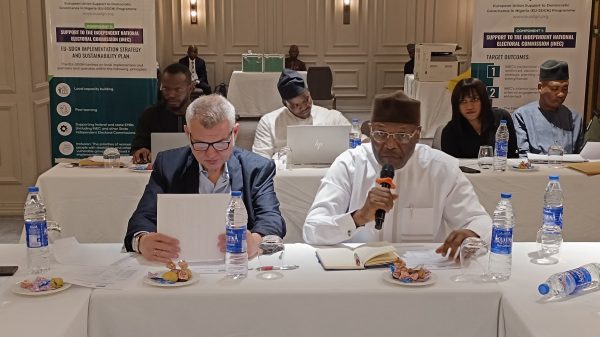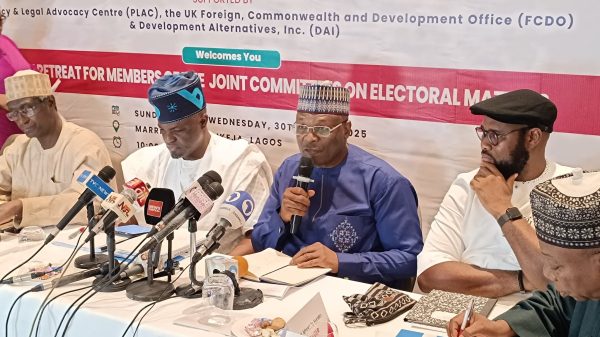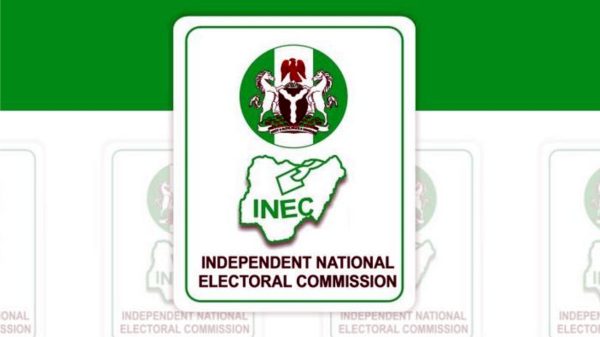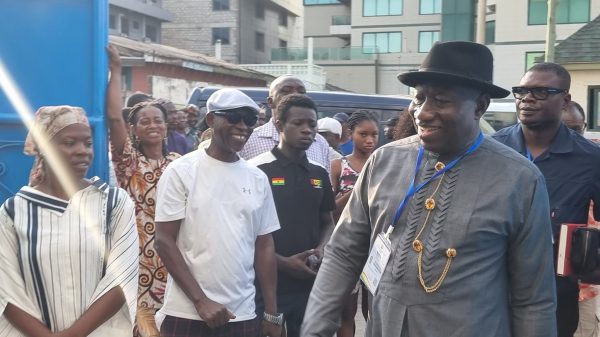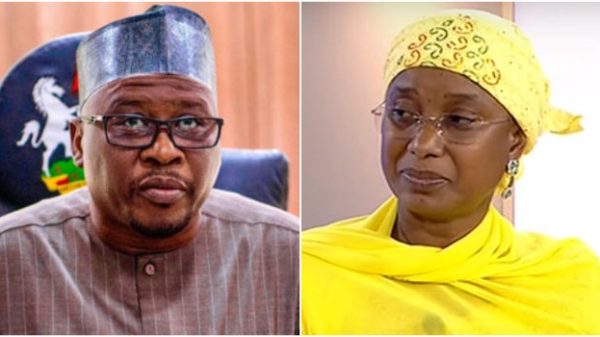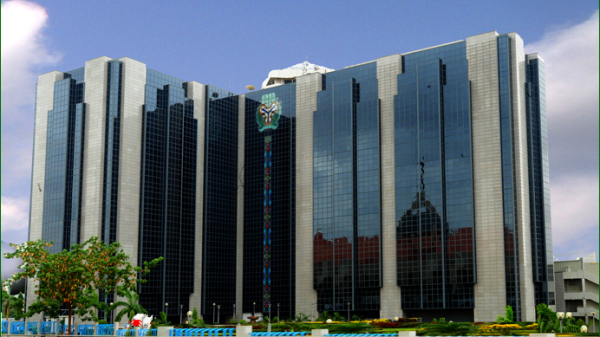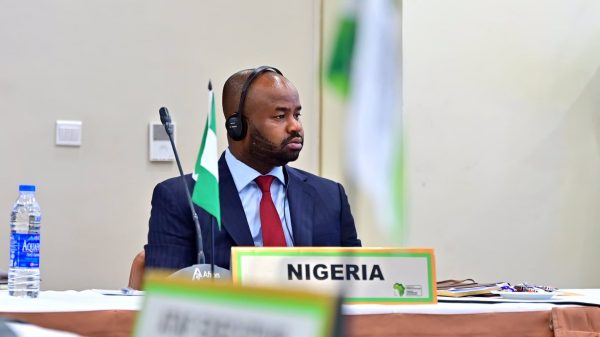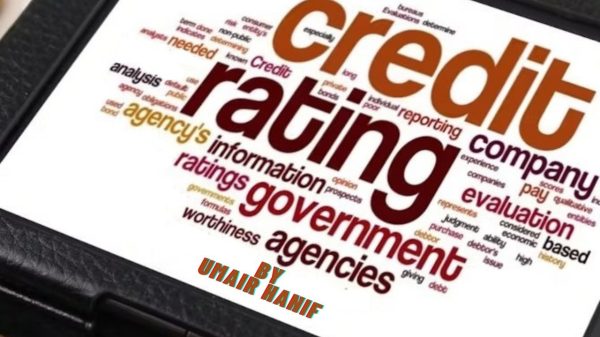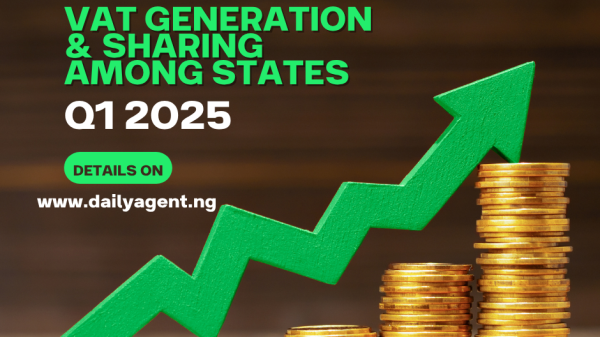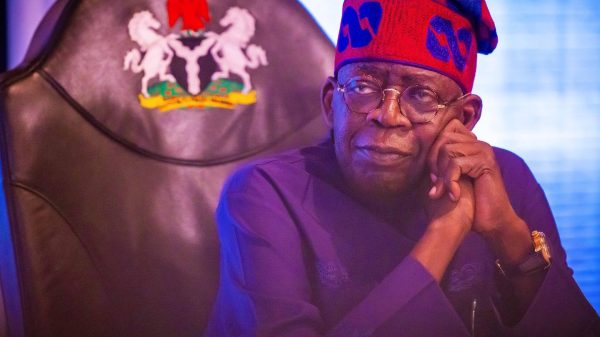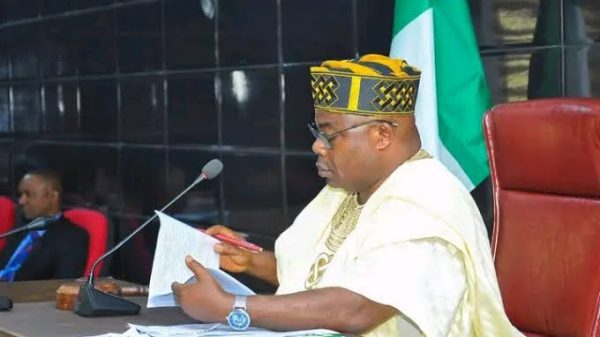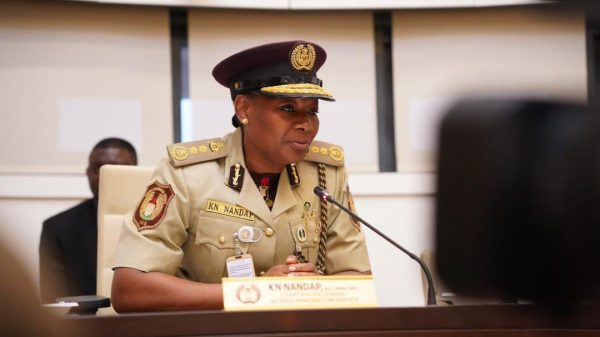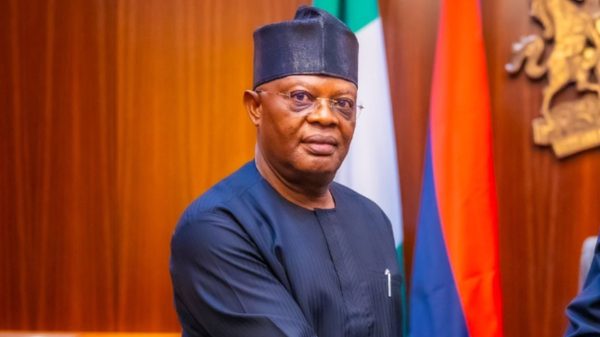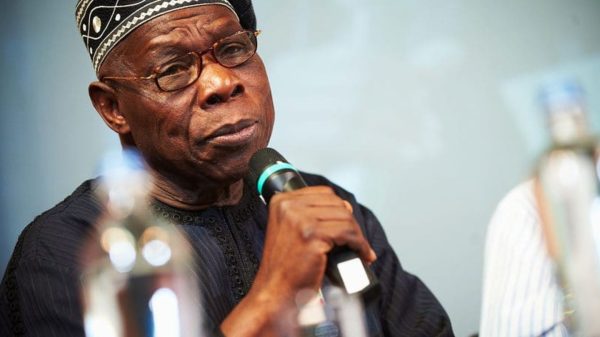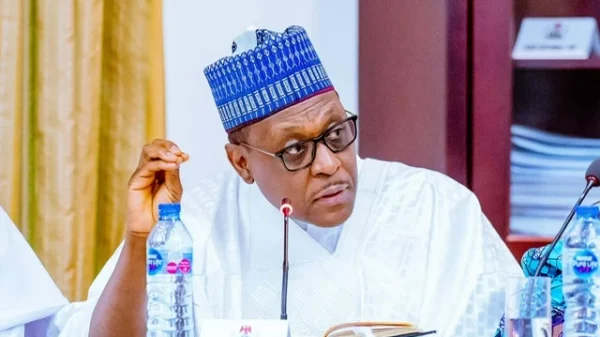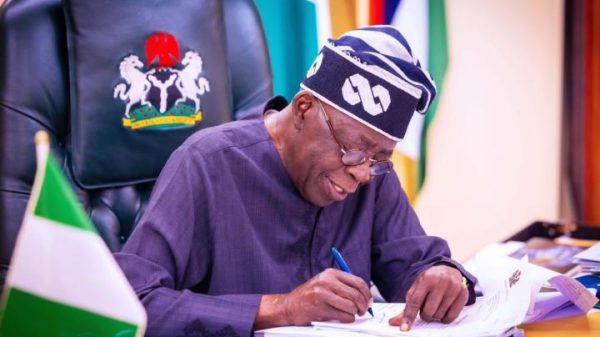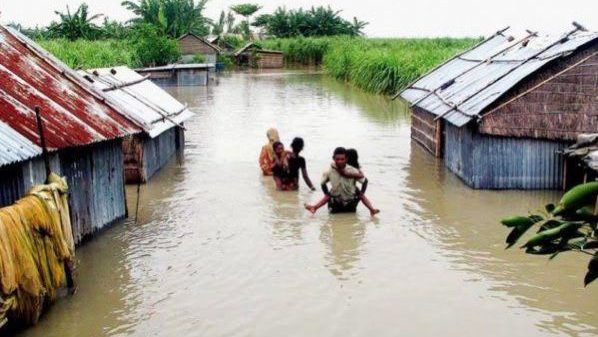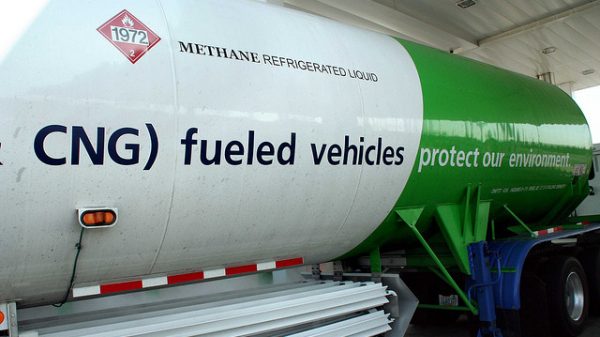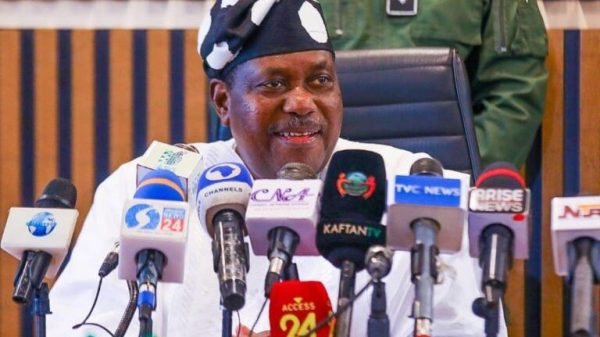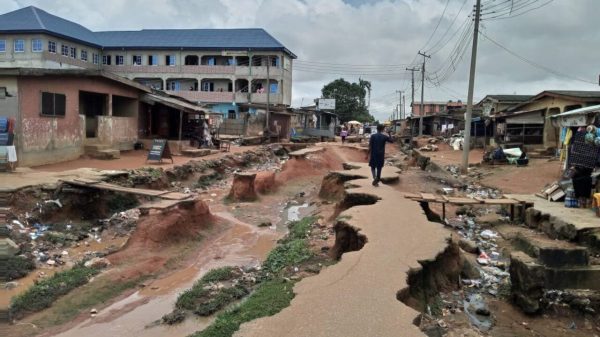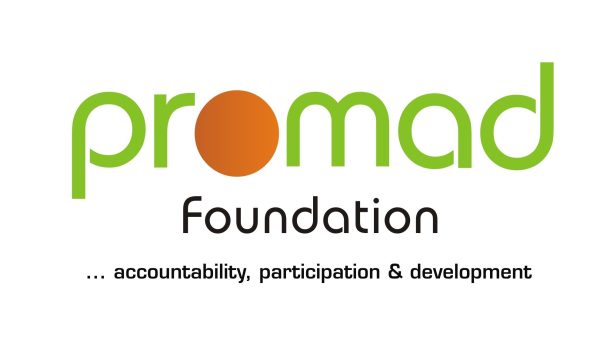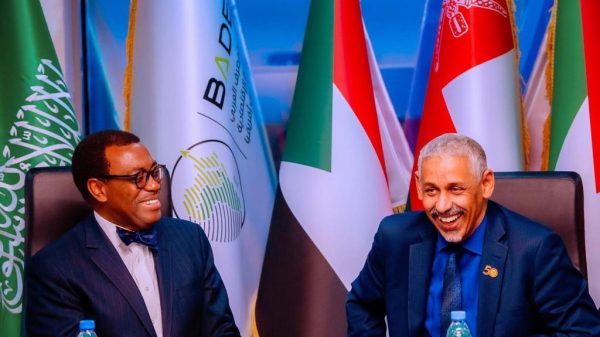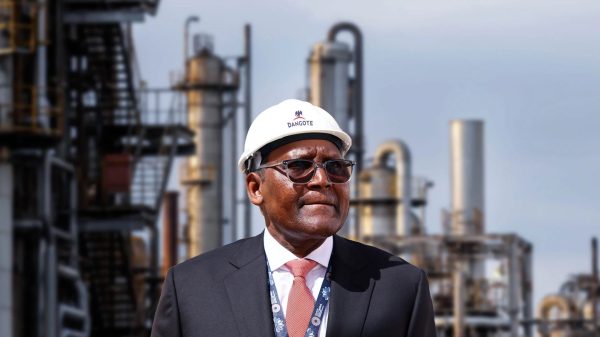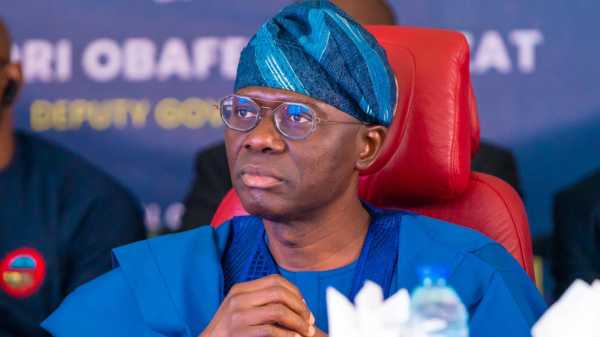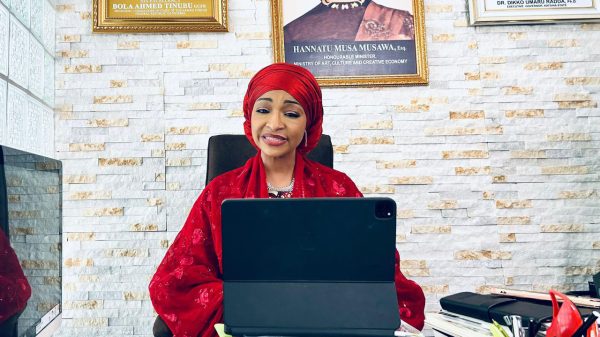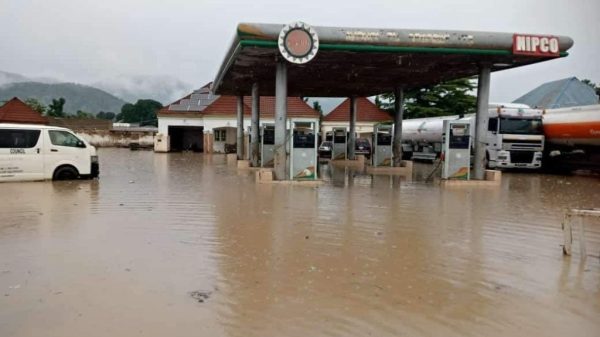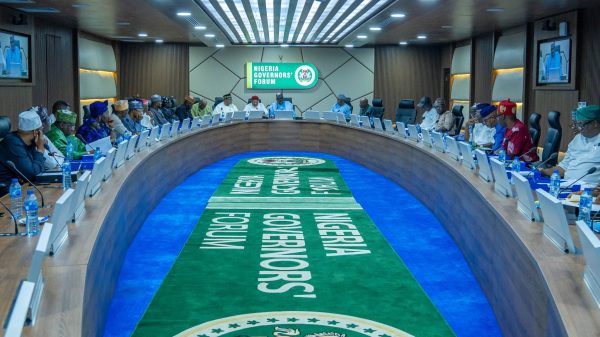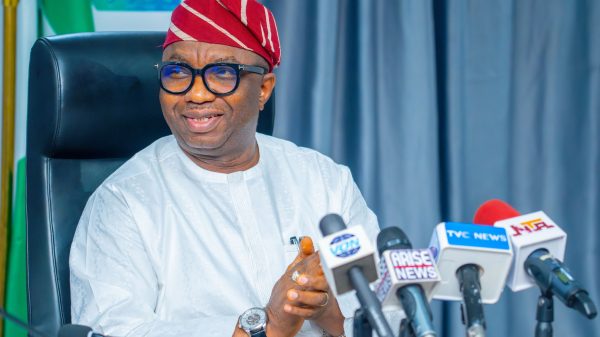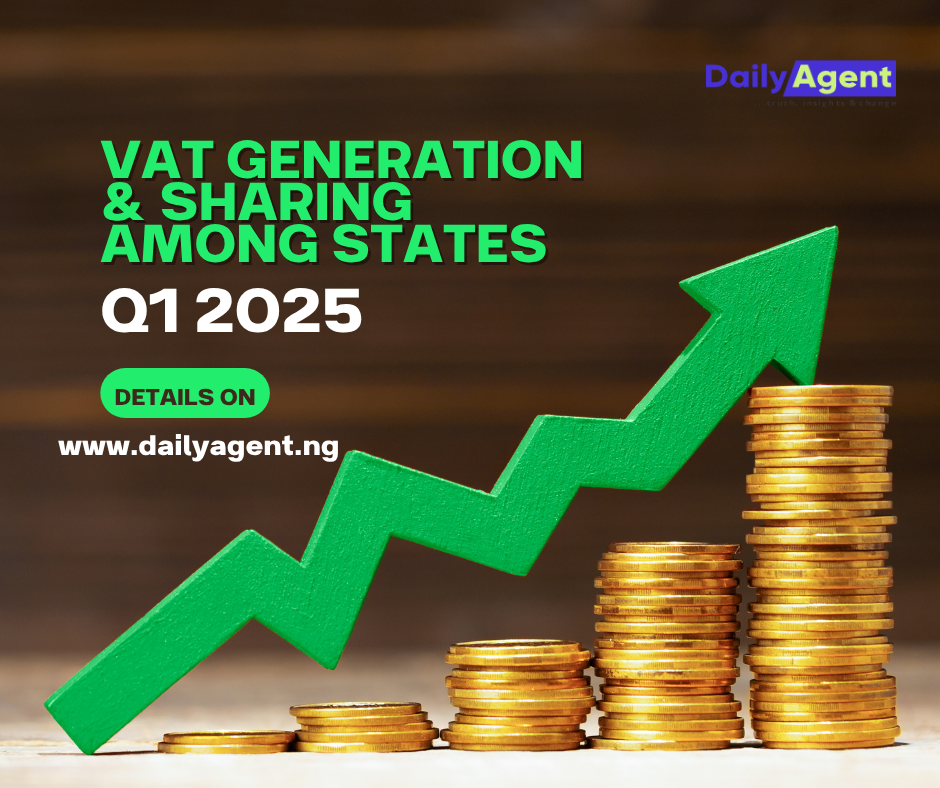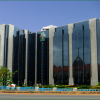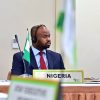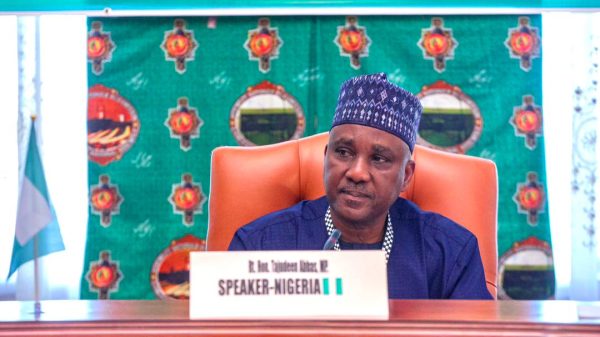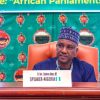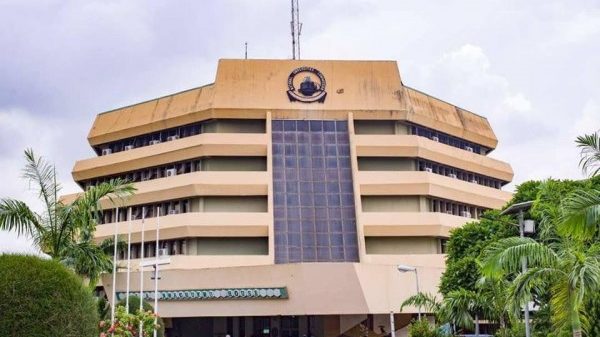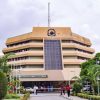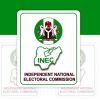Technocrat Media
Nigeria’s finance, budget, and national planning minister, Zainab Ahmed said the oil and gas revenue is not enough to cover the cost of importing petrol over low crude production.
The minister said this in an interview with Reuters at the ongoing World Economic Forum in Davos on Thursday.
She added the federal government expects oil production will average 1.6 million barrels per day (bpd) this year.
According to her, oil production averaged 1.5 million BPD in the first quarter of 2022.
In the government plan, 1.8 million BPD of production was budgeted, the minister said, blamed crude theft and attacks on oil infrastructure in the Niger Delta for the shortfall.
“We are not seeing the revenues that we had planned for,” Ahmed said. “When the production is low it means we’re … barely able to cover the volumes that are required for the (petrol) that we need to import.”
In 2021, the federal government planned to remove the petrol subsidy policy but outrage and the goal of the ruling All Progressives Congress (APC) to retain power in the 2023 general elections made the government scrap the plan.
From January to April 2022, the country has paid close to N1 trillion as subsidy payments to cater for the petrol import gap.
The National Assembly had approved N4 trillion to be spent as subsidy payments for 2022. This led to fiscal pressure on the country’s revenue as the Nigerian National Petroleum Company (NNPC) Limited has been remitting zero revenue to the federal government for months.
Speaking on the central bank’s move by raising its main lending rate to 13%, even after the National Bureau of Statistics said inflation hit 16.82% in April, the highest in recent times, she said the move of the central bank was necessary.
Excellent journalism is expensive. It is only the same that can help to build our society and country to entrench good governance, and development and ensure justice for all.
We need your support for investigative findings and special reports to demand accountable and transparent government. DONATE today to help us stay relevant to serve your quest for accurate and authentic stories.
DONATE TO 0450702364, naira OR 0657626454, USD – GTBANK
TECHNOCRAT INNOVATIONS PLUS LTD






